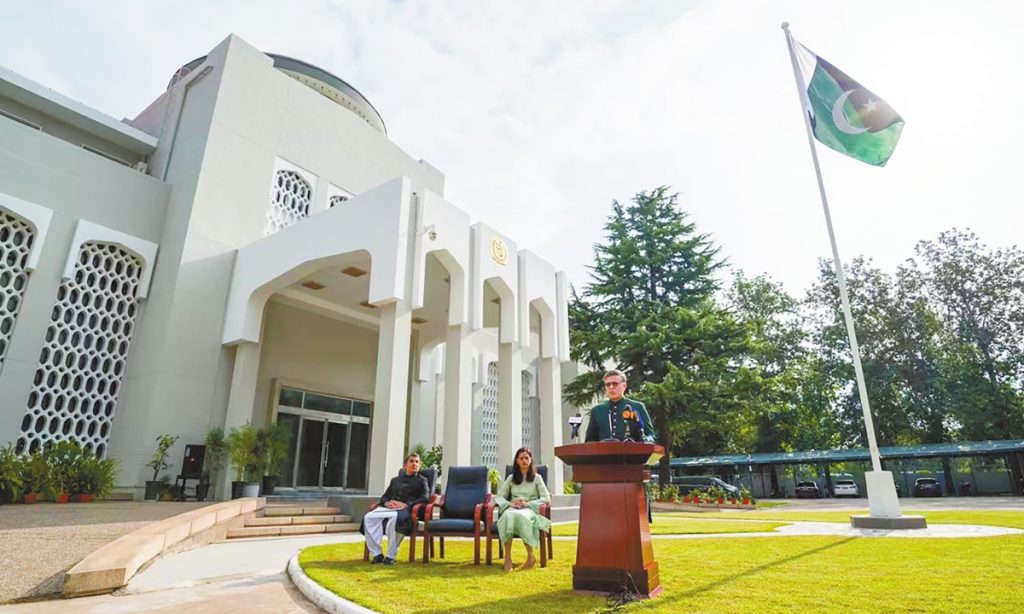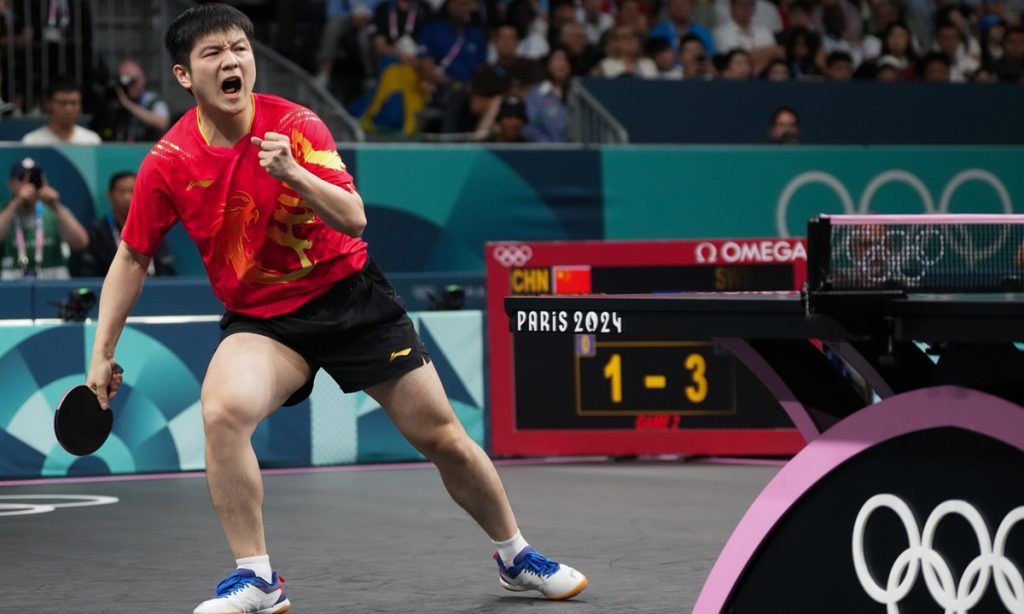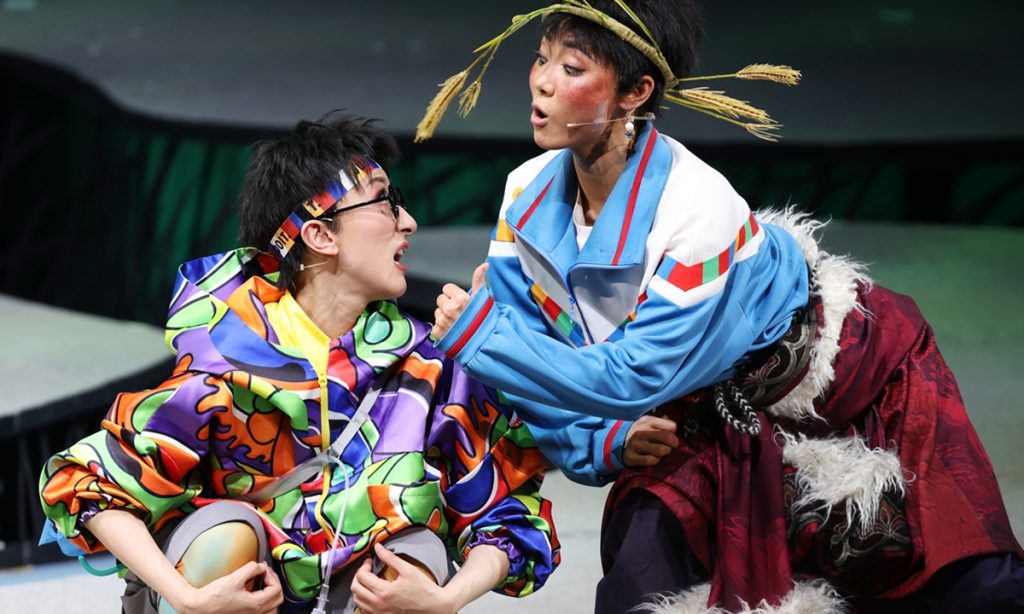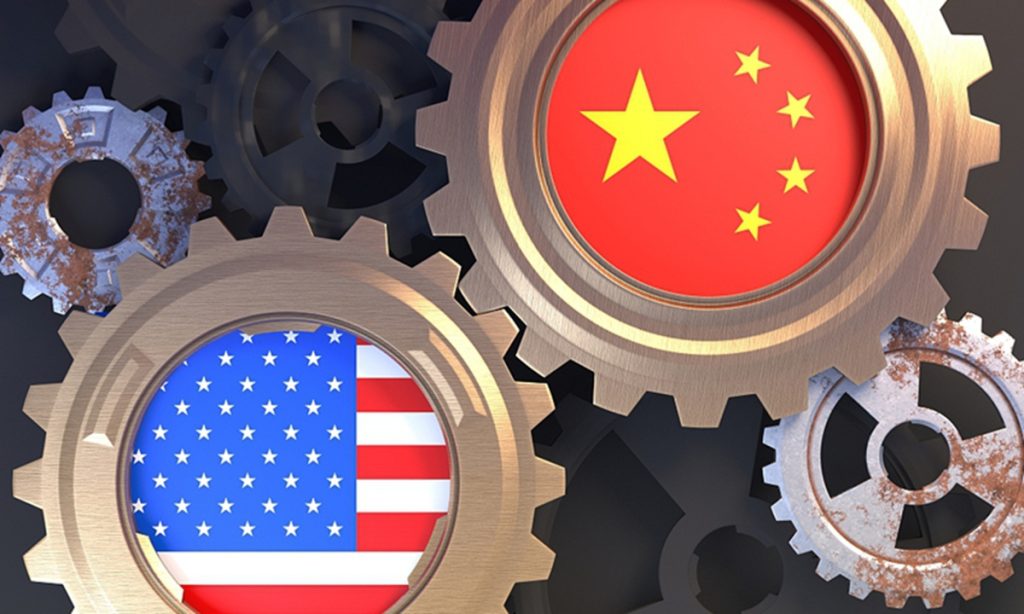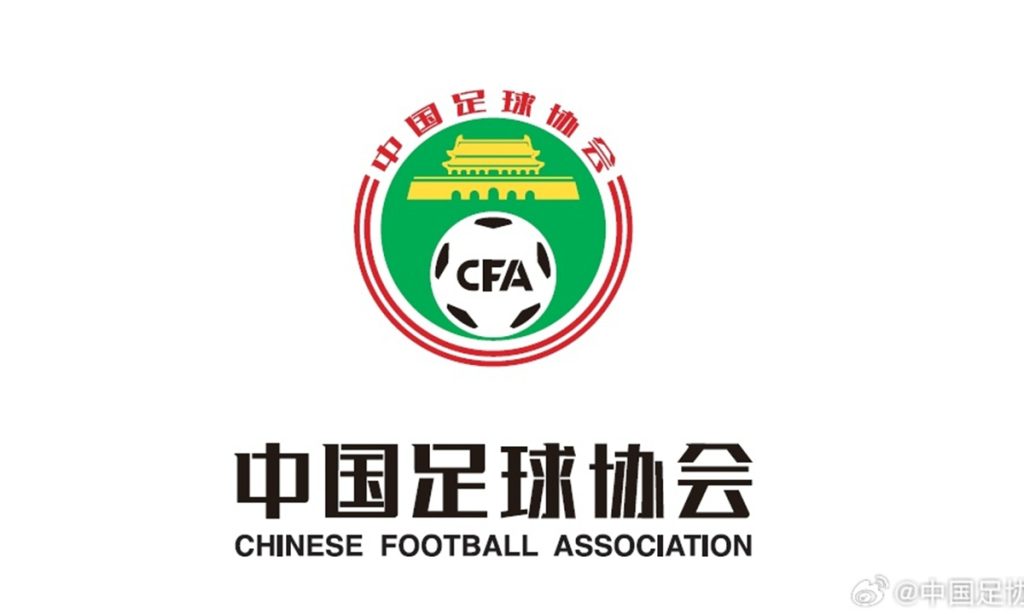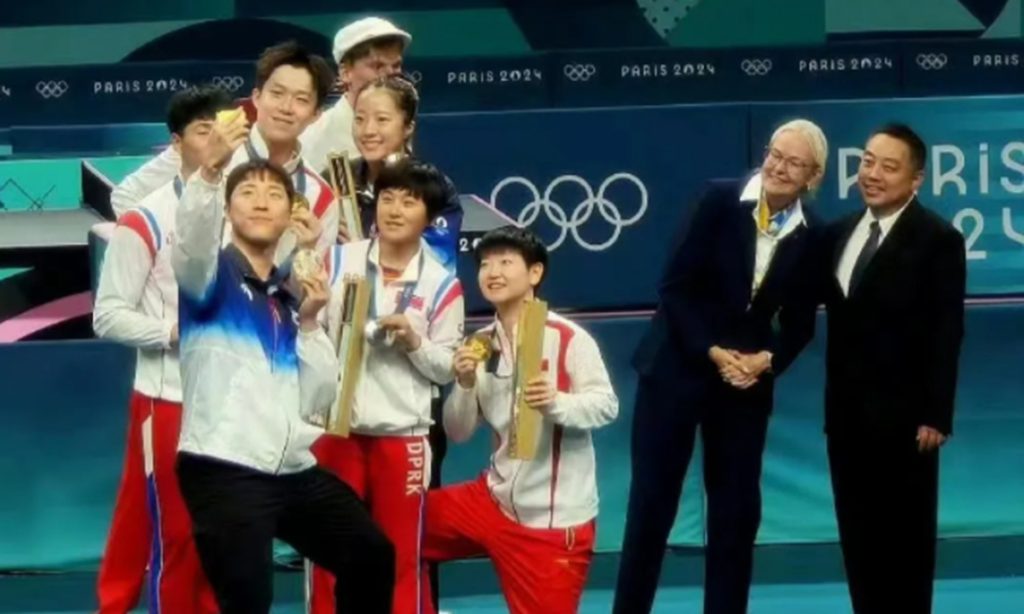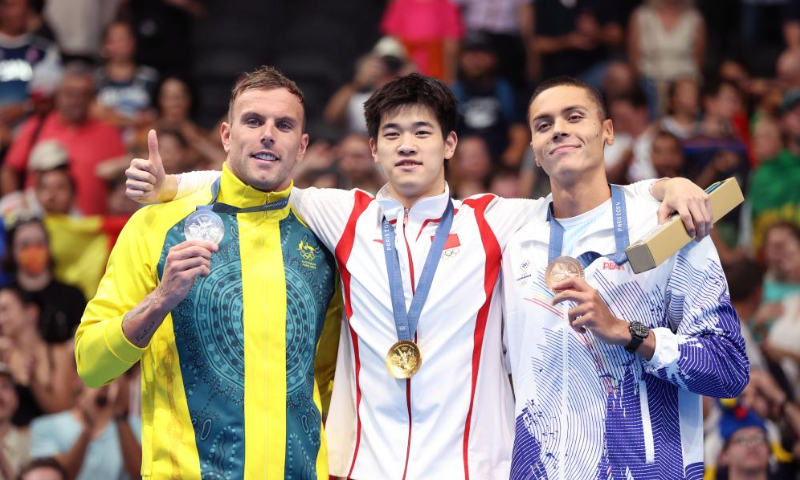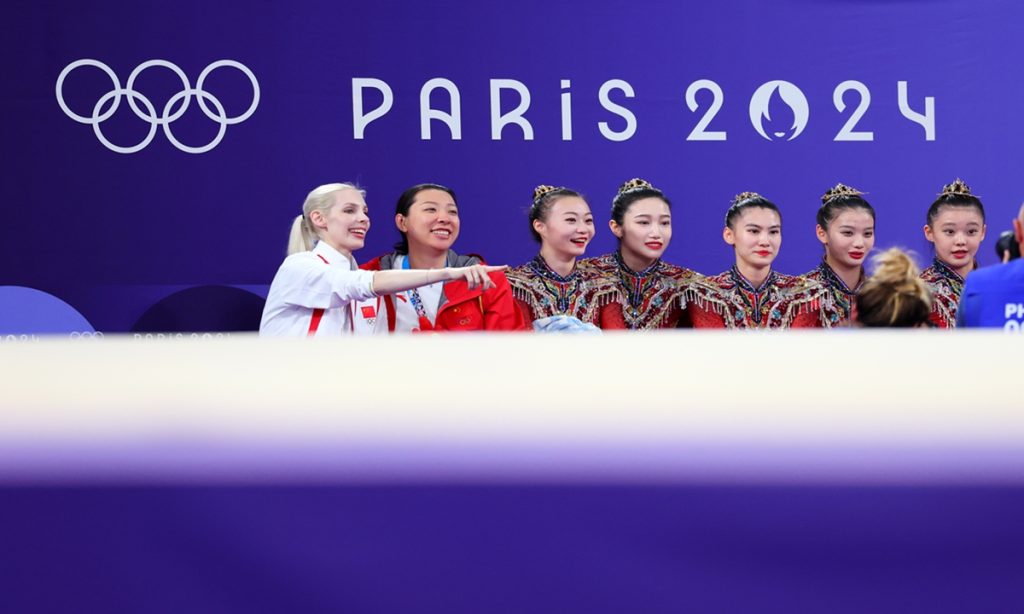US Navy aircraft spotted during Philippine provocation at Xianbin Jiao: report

A US Navy patrol aircraft was reportedly spotted as a Philippine Coast Guard ship rammed into a China Coast Guard (CCG) vessel in the lagoon of China’s Xianbin Jiao in the South China Sea on Saturday, with experts saying the US plane serves as encouragement for the Philippines to conduct bolder and riskier provocations.
The Philippine Coast Guard ship MRRV-9701, which has been illegally stationed at China’s Xianbin Jiao, on Saturday lifted its anchor and conducted continuous maneuvers, stirring up troubles in the lagoon of Xianbin Jiao. CCG Vessel 5205 took measures including verbal warnings, monitoring and control in accordance with the law and regulations, Liu Dejun, a CCG spokesperson, said in a statement on Saturday.
In the process, the Philippine MRRV-9701 deliberately rammed into CCG Vessel 5205 in an unprofessional and dangerous manner, causing a collision for which the Philippines bears full responsibility, Liu said.
Liu demanded the Philippines to immediately withdraw its ship from the Chinese reef.
The CCG also released a video showing the Philippine ship sailing into the path of the Chinese vessel, causing the collusion.
The Philippines has repeatedly attempted to send supplies to the MRRV-9701 that has been illegally anchored in the lagoon of China’s Xianbin Jiao since April, first using ships then using a helicopter, marking serious violations to China’s territorial sovereignty and maritime rights and interests, as well as the Declaration on the Conduct of Parties in the South China Sea.
The latest movement by the MRRV-9701 showed that, unlike the Philippines’ old warship illegally grounded at China’s Ren’ai Jiao, the MRRV-9701 is capable of moving on its own, observers said.
Xue Chen, a research fellow at Shanghai Institutes for International Studies, told the Global Times that if the MRRV-9701 runs short of supplies, it should withdraw from Xianbin Jiao and return to the Philippines.
It exposed that the Philippine ship’s deployment at Xianbin Jiao is aimed at creating a false concept to smear China in the international community, with the aim of violating China’s sovereignty, Xue said.
During the incident, a US Navy P-8A maritime patrol aircraft was spotted on-site disrupting the CCG’s law enforcement operations, according to Yuyuan Tantian, a social media account affiliated with state broadcaster China Central Television.
A Beijing-based military expert who requested anonymity told the Global Times on Sunday that the US military aircraft could gather intelligence and potentially carry out jamming on Chinese vessels.
The P-8A’s presence serves as an encouragement to the Philippines to conduct harder provocations, the expert said, noting that US aircraft could also serve as an aerial military “journalist” contributing to its scheme of throwing mud on China.
Such moves will only sabotage peace and stability in the South China Sea, experts said, predicting new rounds of provocations by the Philippines in near future, backed by the US.
